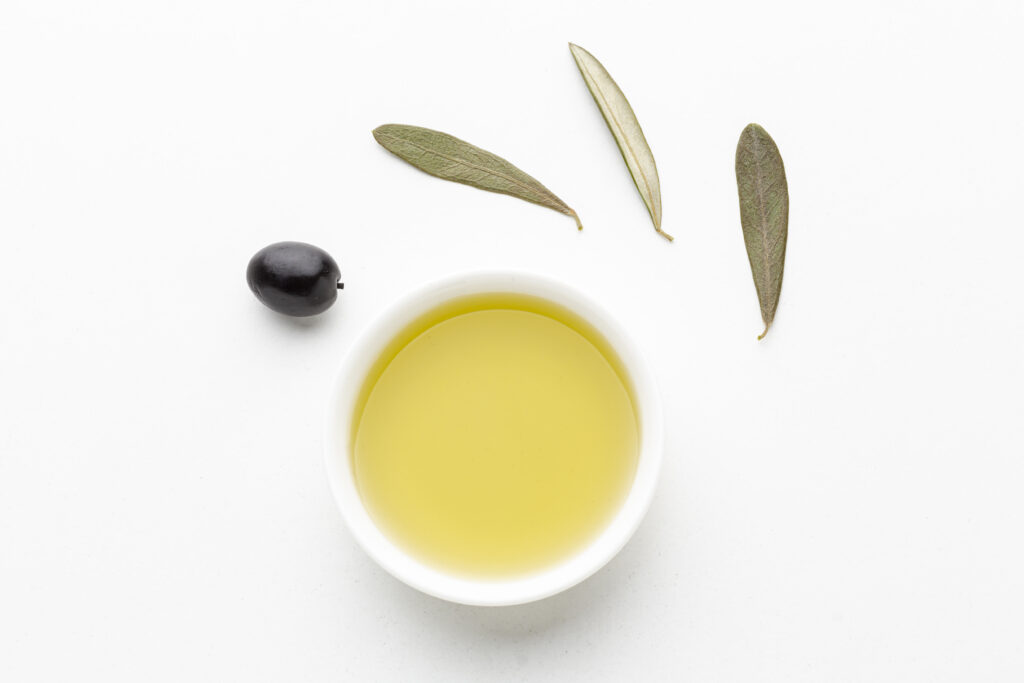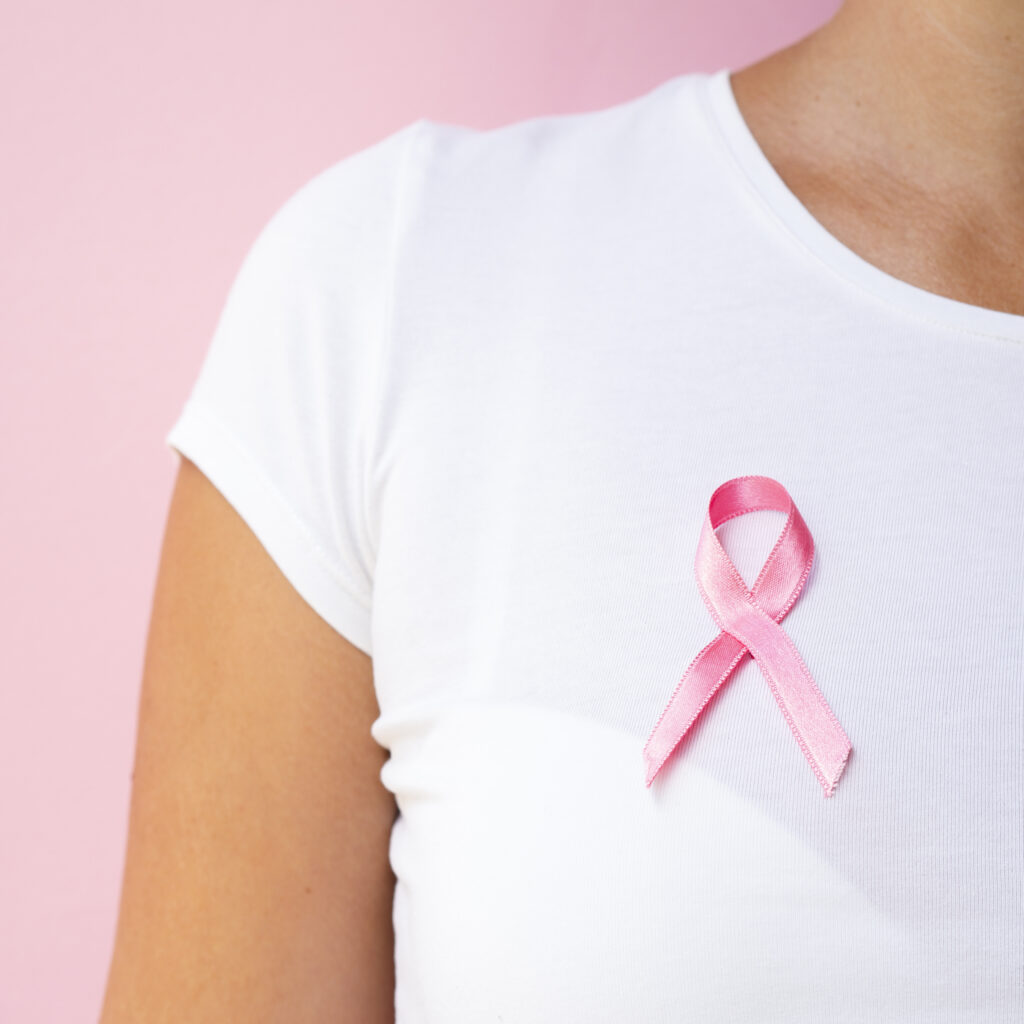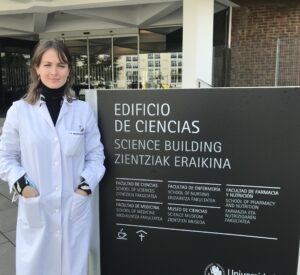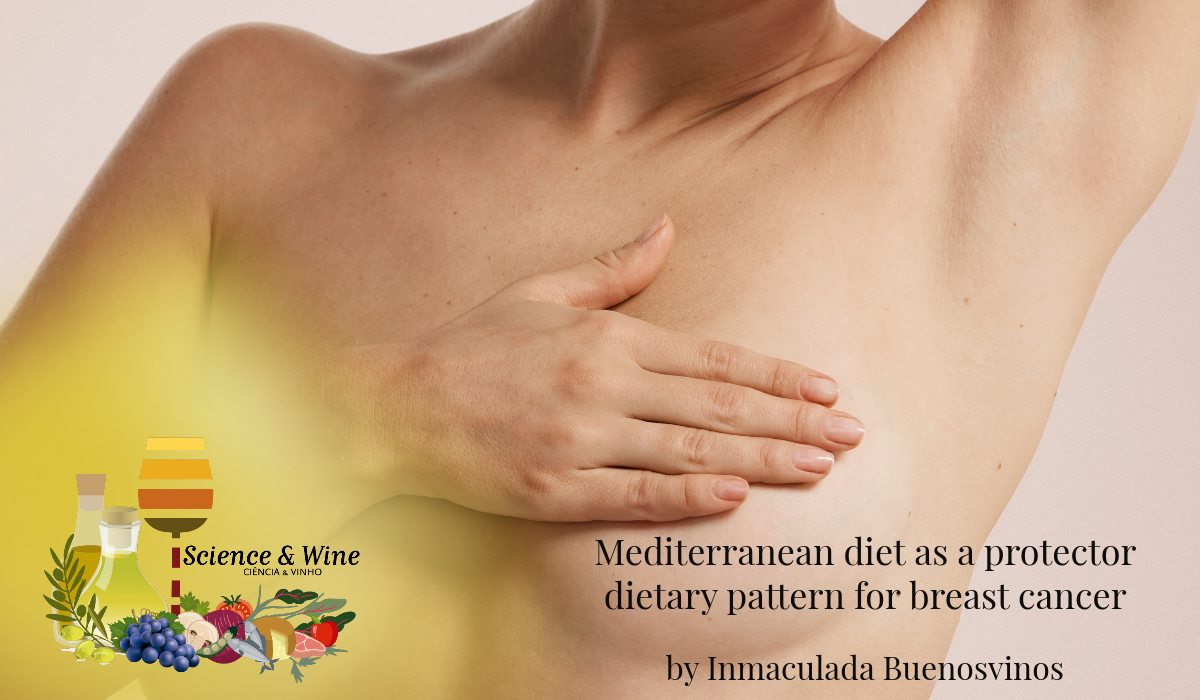By Inmaculada Aguilera Buenosvinos
Apart from a consistent evidence of a direct association between alcohol consumption and smoking habit with breast cancer, evidence on other specific foods or nutrients is still controversial since cancer progress is a dynamic and complex process. Despite of that, investigating the relation of dietary pattern and lifestyles choices with breast cancer remains of great interest being identified as a priority for cancer research. Investigation of dietary patterns is a gold standard and new era for a new direction in nutritional epidemiology. More concretely, for breast cancer risk, one modifiable lifestyle that appears to be a strong determinant of it is diet. However, despite the multitude of existing studies, the available knowledge on the association between diet and breast cancer derives from observational studies and is still inconsistent in many respects.
In addition to the above, the available evidence based on dietary patterns is still limited. However, the Mediterranean dietary pattern, characterized by an abundance of plant foods, the use of olive oil as a principal source of fat and moderate consumption of meat, fish and wine, has been favorably related to all-cause mortality and several chronic diseases, including cancer overall and selected common cancers, mainly associated with the digestive tract. Although it is true that in the context of preventive nutritional strategies for cancer, the wine component would be removed from the dietary pattern, as alcohol is a proven human carcinogen. In this context, the Mediterranean dietary pattern (DietMed) is promising considering that the incidence of breast cancer has historically been lower in Mediterranean countries compared to northern and central Europe or the United States.

The first nutritional intervention trial that assessed the incidence of first cases of breast cancer as an outcome was conducted in Spain and was the PREDIMED study. Its results were very striking. PREDIMED was a randomized field trial aimed at assessing the efficacy of aimed at assessing the efficacy of DietMed in primary cardiovascular prevention. As a secondary objective, the protocol included the assessment of the effect of the intervention on breast cancer. In the intention-to-treat analysis, women assigned to DietMed supplemented with extra virgin olive oil (EVOO) showed a relative reduction in the risk of breast cancer of 62% compared to the control group.
Taking all of this into account, a protective role of the Mediterranean diet on breast cancer is biologically plausible since the Mediterranean dietary pattern is rich in fibre, antioxidants, including flavonoids, vitamins, carotenoids, and squalene (mainly from EVOO). It may modulate breast cancer risk by decreasing endogenous oestrogens and preventing DNA damage among other mechanisms.

What is clear is that the greatest benefits have been attributed to those dietary patterns with a common characteristic: they are based on increased consumption of mainly vegetables and fruit foods. A further step in the investigation of this pattern (DietMed) would be that biochemical and pathophysiological results in cell lines or animal models must be supported by epidemiological evidence.


